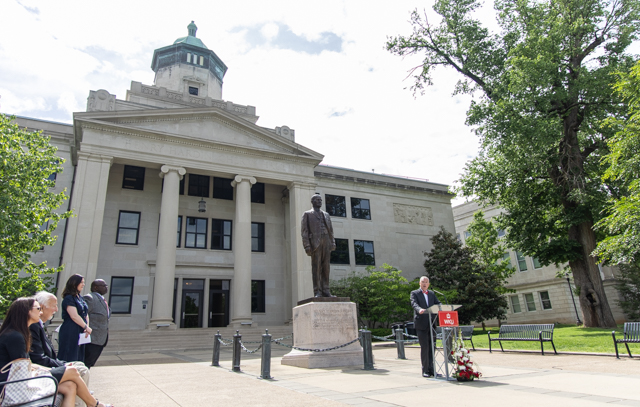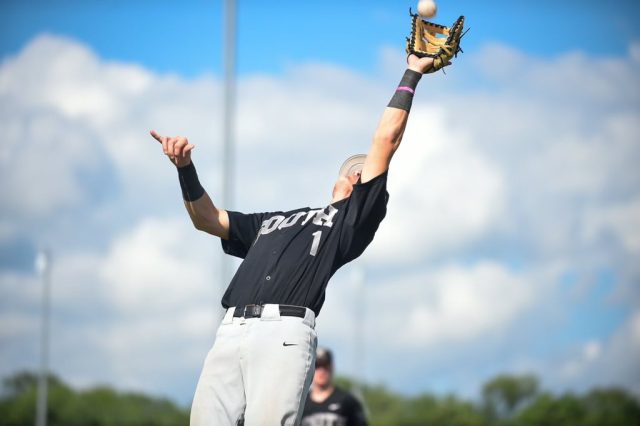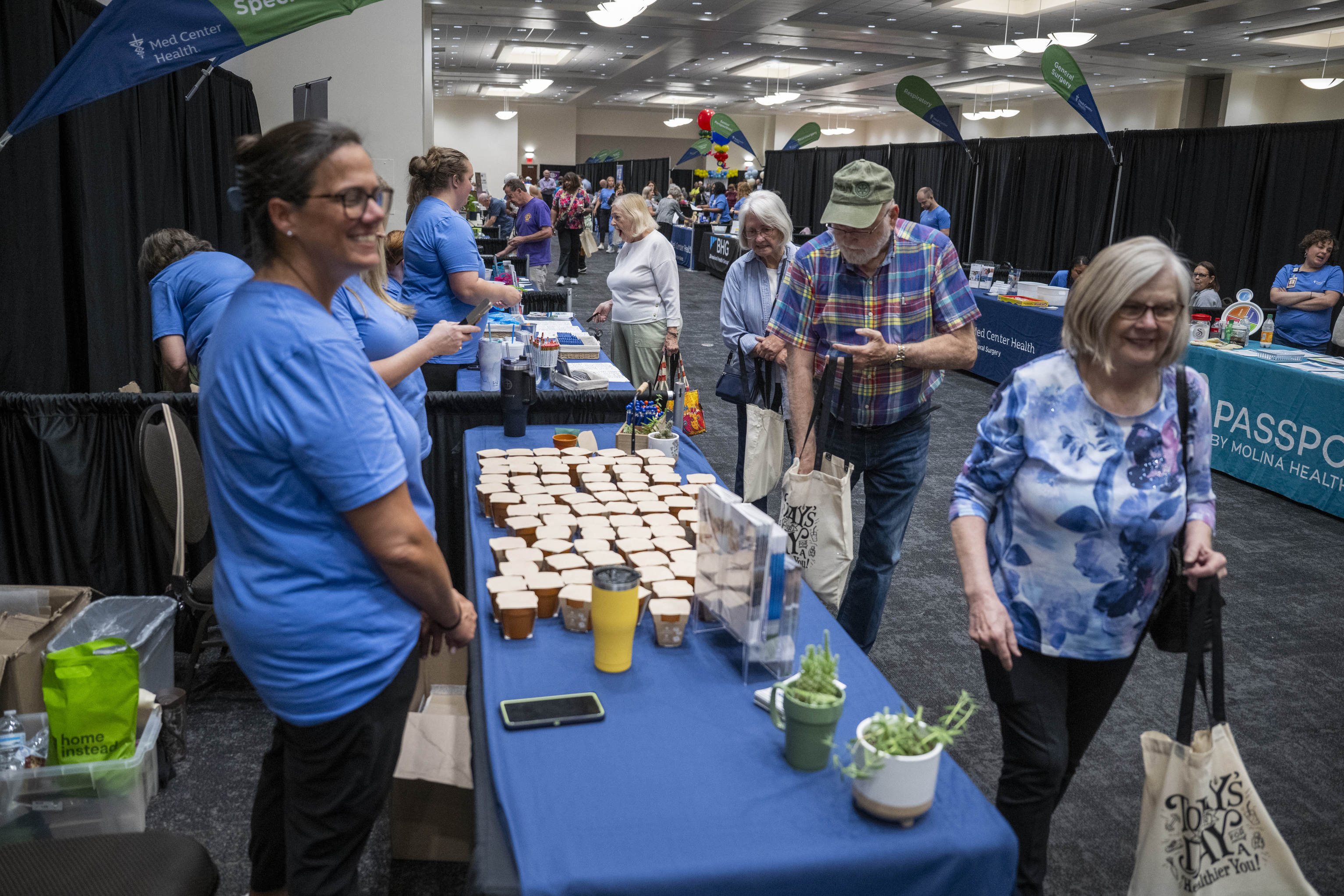Filters
Published 12:00 am Tuesday, April 2, 2002
Brothers Phillip Dennison (left), 11, and David Dennison, 12, look up Internet game sites including Yahoo Gaming, Zoogdisney.com and Gameshark.com at the Bowling Green Public Library on Monday. Photo by Clinton Lewis
A U.S. District Court has been hearing testimony this week about what children should and shouldnt be seeing on the Internet while they are in the library and at school. Students at Bowling Green High School are required to sign a policy that says they wont look at objectionable material when theyre online at school. Their parents have to sign, too. In addition, there is a teacher in every computer lab to monitor the students. But this still might not be enough. We have some that will stray … from time to time if they are in a lab or a library and they think nobody is looking, Bowling Green principal Fred Carter said. So, like most schools in America, Bowling Green High has a filter on its computers that is designed to block out hate speech, gambling, pornography and more. The filters are required by the federal Childrens Internet Protection Act signed in 2000 by President Clinton, but some say the act is unconstitutional. The American Library Association and the American Civil Liberties Union see the act as a violation of the First Amendment. And they have taken their objection, in a the form of a lawsuit, to the U.S. District Court in Philadelphia. Members of the ACLU and ALA claim the filters are also blocking out information on breast cancer, sex education and health. Lee Jordan, technology coordinator for Bowling Green schools, said the school systems X-Stop filtering software blocks 34 different categories. Each school can decide what it wants to block. If a student has a legitimate request to view a blocked Web site, a technology specialist at the school can unblock the site. But even with the ability to unblock a site, Jordan said hes not in full agreement with the act. We are not in the police business he said. And thats what this is. But its not just students who are being watched. John Settle, superintendent for Bowling Green City Schools, said there is a Web server that monitors adult use, as well. Thats the part I find to be intrusive, Settle said. Not the childrens part. The monitoring of adult use has been in place since the beginning of the year. Filters have been in Bowling Green schools since 1995, even before they were required by law, Jordan said. I hope they find a way to get the schools out of the middle here, he said. I know the libraries are very upset about it. The CIPA allots federal money for libraries. Those that dont comply with the standards of the act by July could lose money. Bowling Green Public Library will shell out $7,900 for its filtering system. Libraries that cant afford the systems will have to go without federal technology funding. Lisa Rice, assistant director of the public library, said the library plans to put a filtering system in place by June 1, just before its summer reading program starts. Thats when we have the greatest number of children, she said. Minors who want to surf the Internet without an adult have to get their parents permission. Their library cards are then punched to show their parents approval. But Rice warns parents that they shouldnt have a false sense of security. I dont think any parent can rely on software to screen out what they think is inappropriate, she said. But what is or isnt appropriate? The CIPA isnt the first time Congress has tried to restrict what students and library patrons could look at online. In 1996, Congress made it a crime to put adult-oriented material online where kids could find it. The Supreme Court struck down that law a year later, saying it was too vague and that it violated adults rights. In 1998, Congress tried again with a law that said sites must collect a credit card number or other proof of age before allowing Internet users to view material that could harm minors. A federal appeals court has said the standards of the 1998 law are still too vague and are probably unconstitutional. The Supreme Court is expected to make its decision about the second attempt sometime this year. While the filters are intended to keep children safe, Rice said they will also limit adult use of the computers. Rice said she knows of four or five cases in the past year and a half when adults at the library were asked to stop looking at pornographic Web sites. One man argued he had a right to look at whatever he wanted. Even if the CIPA is deemed unconstitutional, Rice said the library would still restrict people from looking at porn on its premises.






